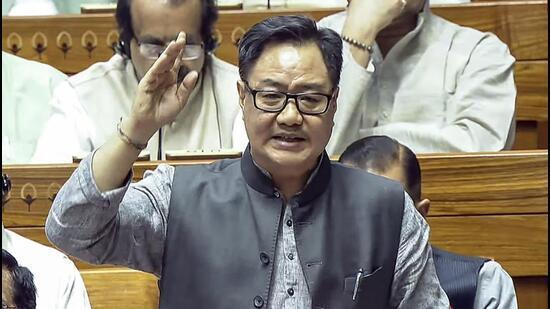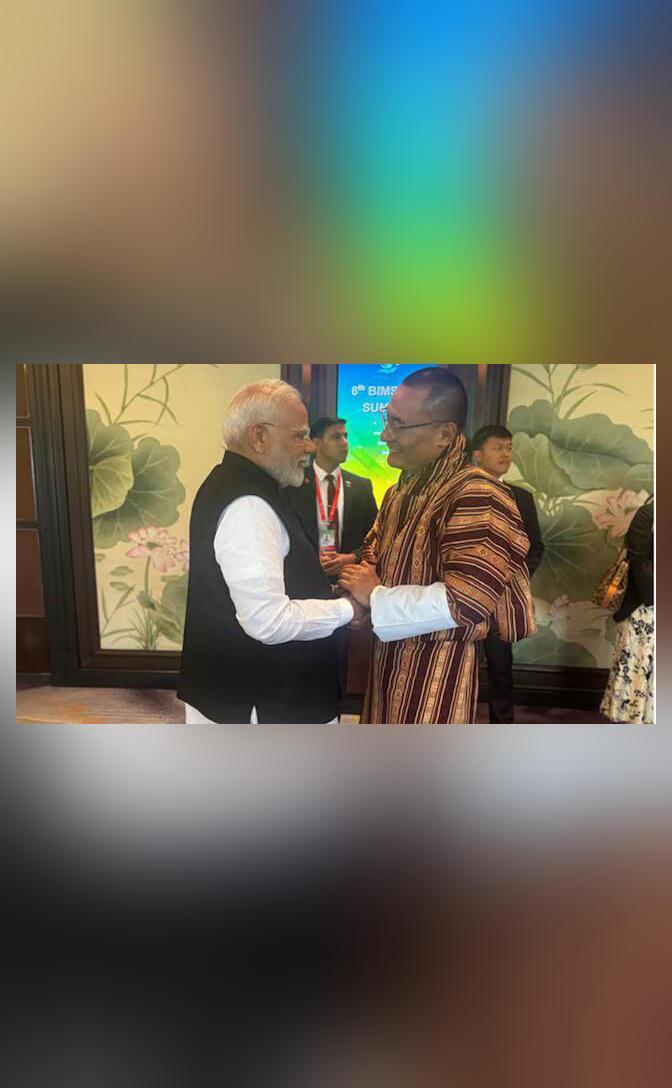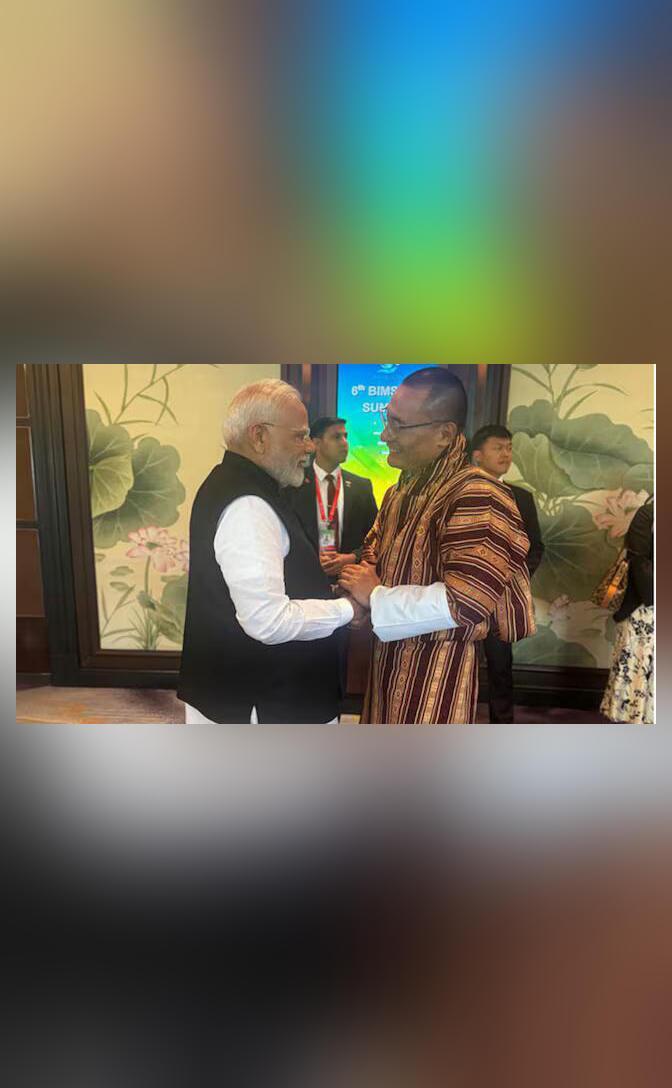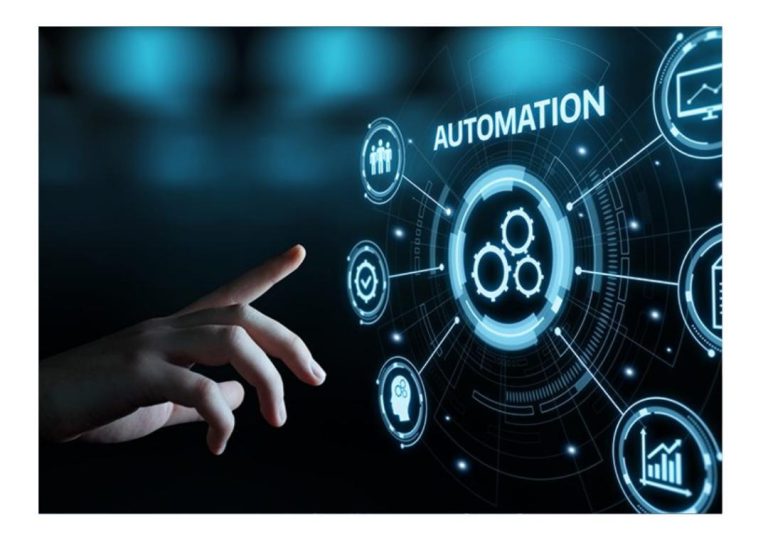
Opposition Creates Confusion & Leaves House: Rijiju in Rajya Sabha
The ongoing debate in the Rajya Sabha has taken a new turn with Union Minister Kiren Rijiju criticizing senior members of the opposition for creating confusion and raising issues without staying back to listen to the replies. The minister made these remarks during the discussions on the Waqf (Amendment) Bill, which has been a subject of intense debate among lawmakers.
Rijiju’s comments were directed at Senior Advocate Kapil Sibal, who had earlier compared the properties owned by Waqf bodies to those of other religious bodies. Sibal’s comparison was aimed at highlighting the alleged discrepancies in the way Waqf properties are managed and maintained. However, Rijiju felt that Sibal’s comments had created unnecessary confusion and did not contribute to the constructive discussion on the bill.
It is worth noting that the Waqf (Amendment) Bill aims to amend the Waqf Act, 1995, and is intended to improve the management and governance of Waqf properties in the country. The bill has been criticized by some opposition members, who claim that it would lead to the centralization of power and undermine the autonomy of Waqf boards.
Rijiju’s criticism of Sibal and other opposition members is not without merit. The minister has a point when he says that lawmakers should not raise issues without staying back to listen to the replies. This is essential because it allows lawmakers to engage in a constructive and informed debate, which is essential for the effective functioning of democracy.
Moreover, Rijiju’s criticism highlights the need for lawmakers to be respectful of each other’s opinions and to avoid creating unnecessary confusion. In a democracy, lawmakers are expected to engage in a respectful and constructive debate, even when they disagree with each other. This is essential for building trust and fostering a sense of collaboration, which is necessary for the effective governance of the country.
However, it is also important to note that Rijiju’s criticism of Sibal and other opposition members is not without its limitations. While it is true that lawmakers should engage in a respectful and constructive debate, it is also important to acknowledge that opposition members have a legitimate right to raise concerns and ask questions.
In fact, the role of opposition is crucial in a democracy. Opposition members are expected to hold the government accountable and to provide an alternative perspective on key issues. This is essential for ensuring that the government remains transparent and accountable, and that the interests of all citizens are represented.
In conclusion, Rijiju’s criticism of Sibal and other opposition members is a reminder of the importance of constructive debate and respectful engagement in the Rajya Sabha. While it is true that lawmakers should engage in a respectful and constructive debate, it is also important to acknowledge that opposition members have a legitimate right to raise concerns and ask questions.
As the debate on the Waqf (Amendment) Bill continues, it is essential that lawmakers engage in a respectful and constructive debate, and that they stay back to listen to each other’s replies. This is essential for building trust and fostering a sense of collaboration, which is necessary for the effective governance of the country.






